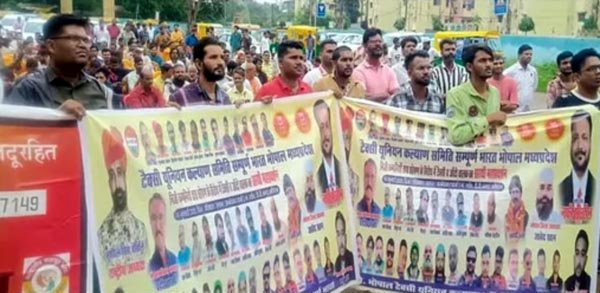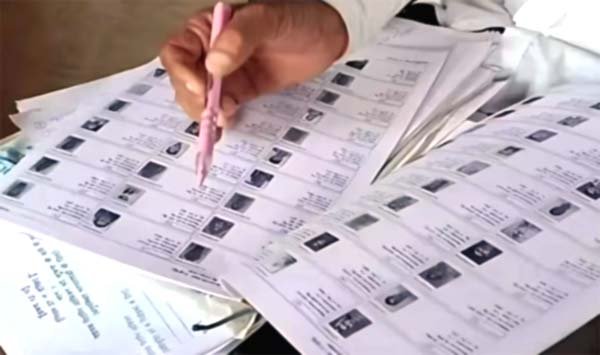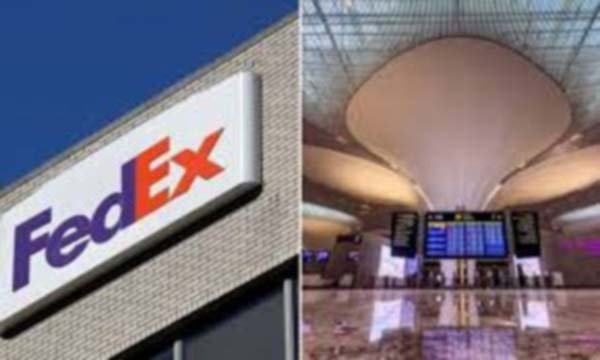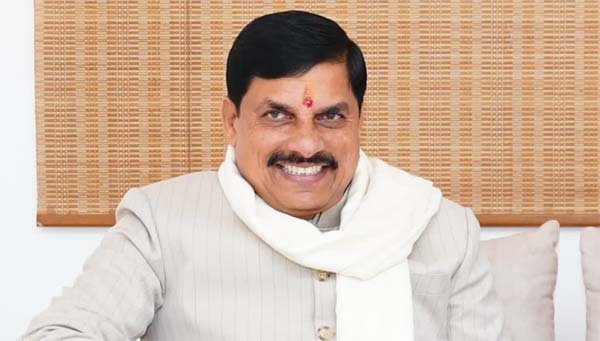- Mixed impact of strike, commuters face hardship
Bhopal: The taxi union strike had a mixed impact across the capital city. While union leaders claim that the wheels of 2,500 taxis have come to a halt, the ground reality appeared different. According to reports, only around 400 to 500 taxis joined the strike, with the rest continuing to operate as usual.
Passengers, however, felt the pressure. With fewer taxis available, many commuters turned to e-rickshaws and autos for transport. Several of these drivers took undue advantage of the situation, charging fares two to three times higher than normal. At Bhopal railway station, a passenger reported being charged Rs 80 for a trip from Jumerati Bazaar—a ride that usually costs Rs 35–40.
Incentives stopped, subscription fee imposed
Union National Secretary Nafees Uddin expressed dissatisfaction with both the Transport Department and ride-hailing companies like Ola and Uber. He stated that the incentives once offered to drivers have now stopped, and a daily subscription fee of Rs 150 has been imposed, further burdening drivers.
In support of the strike, over 250 taxis gathered at Ambedkar Jayanti Park. Union members raised slogans and demanded government intervention. The protest was peaceful, with prior permission obtained from the police.
Passengers bore the brunt of the strike, especially at major transit points like stations, airports, and bus stands, where transportation was available but at inflated rates. Despite this, no administrative monitoring was observed to regulate fares.
Posters and pamphlets were put up citywide to inform the public, and the protest continued from 11 AM to 5 PM at Ambedkar Maidan.











